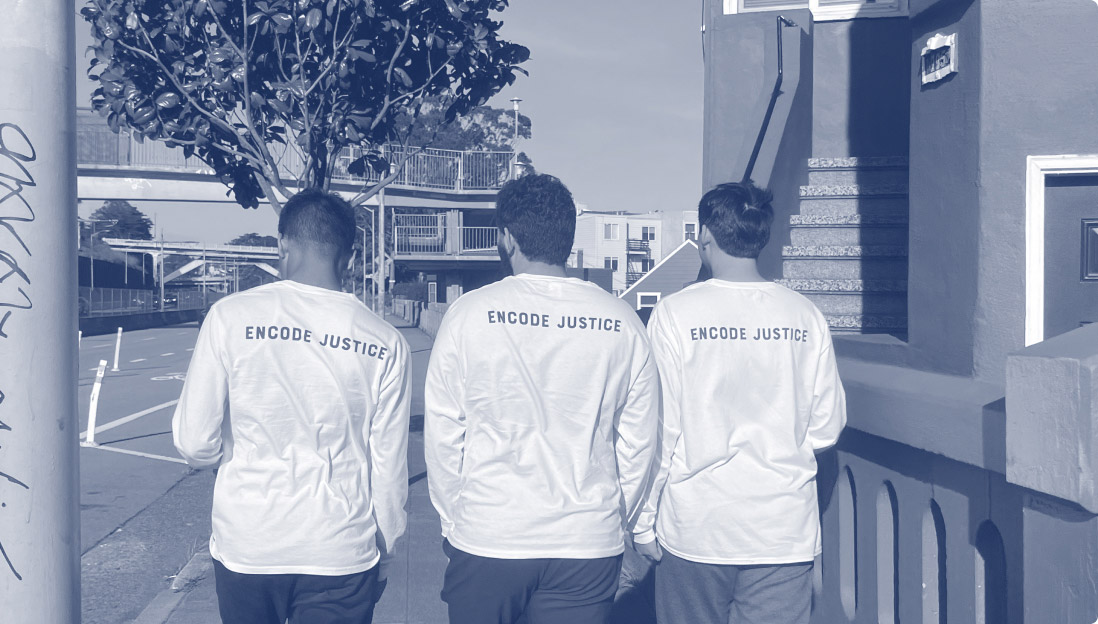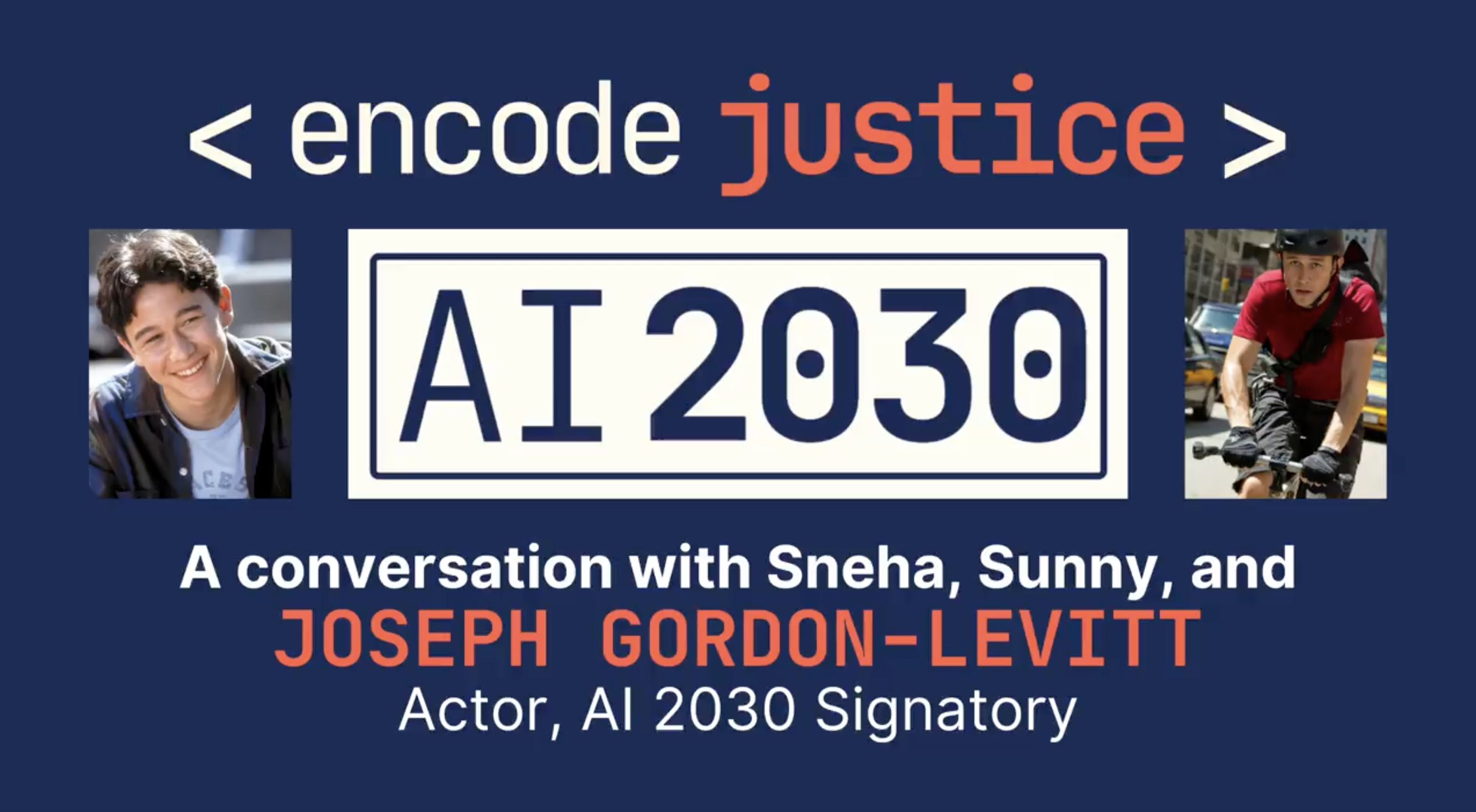We’re reimagining our generation’s collective AI future.
What does human-centered AI mean to us?
Encode Justice is the world’s first and largest youth movement for human-centered AI. Powered by 1,000 young people across every inhabited continent, we believe AI must be steered in a direction that benefits society.More About Us
Encode Justice is the world’s first and largest youth movement for safe, equitable AI. Powered by 1,000 young people across every inhabited continent, we believe AI must be steered in a direction that benefits society.More about our work
Join our intergenerational call for global AI action by 2030.
We mobilize young people for human-centered AI.
Our initiatives span legislative advocacy, public education, and organizing.
More about our work
We were launched in July 2020 by high school student Sneha Revanur, then 15 years old, as a single-issue campaign against a California ballot measure seeking to expand the use of biased algorithms in the state’s justice system. In coalition with other California advocacy groups, we helped defeat the ballot measure by a 13% margin in November. But that was only an opening salvo; by then, our army of students had snowballed. We decided to keep our movement alive — and expand globally — to address other challenges presented by the age of AI, including surveillance, disinformation, democratic erosion, and potential catastrophic risk.
In the years since our founding, we’ve contributed to the passage of local ordinances restricting surveillance in Minneapolis, New Orleans, Seattle, and more; spearheaded advocacy efforts for more than 10 pieces of federal legislation; helped shape the White House’s Bill of Rights for an Automated Society and President Biden’s executive order on AI; reached more than 20,000 high school and college students with workshops about the implications of AI, using our own curriculum; and built a network of 50+ autonomous state, country, and campus chapters. Most recently, our founder Sneha Revanur was the youngest civil society leader invited to advise Vice President Kamala Harris at a private roundtable on AI held at the White House in July 2023—a watershed moment for youth engagement in AI policy.
We believe human-centered AI must be built, designed, and governed by and for diverse stakeholders. AI should help guide us towards our aspirational future, not simply reflect the data of our past and present. Rather than creating AI that supplants humans and human capabilities, we should invest in AI that enhances our potential—for example, innovations in personalized education or medicine that nourish human knowledge, creativity, connectedness, and health—while ensuring that the benefits of these technologies are distributed equitably. With appropriate guardrails, AI has the potential to dramatically advance the human condition.
At its core, Encode Justice is more than just a name. It’s a guiding philosophy: we believe we must encode justice and safety into the technologies we build. When it comes to the future of AI, we are both anxious and enormously optimistic. Our work is rooted in a commitment to realizing our vision of what AI can and should be, not calling for a modern day Luddite movement. That’s why our mission is to encode, not end code.
Our generation was born into the age of social media: we have seen how AI-powered platforms have expanded our access to knowledge and created new modes of connection, but they have created a youth mental health crisis and allowed misinformation to proliferate, too. As young people, we are the next generation of advocates, consumers, voters, policymakers, developers, educators, parents, and community members. The AI being built today will shape the world that we and our peers inherit tomorrow. More so than any other generation, we have a unique stake in AI’s immediate and long-run impacts. Because of the pace of AI development, the world 10 years from now could be entirely unrecognizable to us today. In the face of what could be one of the most significant and potentially catastrophic threats to our shared future, we refuse to bury our heads in the sand. We are urgently taking up arms to address the full spectrum of AI risks and unleash AI's potential to benefit humanity.
At present, we find ourselves face-to-face with challenges like algorithmic bias, misinformation, democratic erosion, and labor displacement. We simultaneously stand on the brink of even larger-scale risks that could result from the loss of human control over increasingly powerful systems. If AI surpasses human capabilities at most tasks, the consequences may be existential. The AI factionalism we see today — which has created a false choice between focusing on current harms and preparing for emerging threats — serves no one. We must future-proof, and we must continue our unfinished efforts to create a more equal and just world. We see a moral imperative for the AI community to stand united in addressing the full spectrum of AI risks. Read more here in our recent joint statement with the Future of Life Institute.
We rely on the generous support of donors and allies like you to drive our work forward. Here are a few ways you can help advance our mission:
- Make a donation through our website. Financial contributions of any amount will help support our advocacy, workshops, events, and chapter network.
- Help spread the word. Follow us on social media and share our work.
- Volunteer your time. You can support our community more directly by launching a new chapter or joining an existing one!
Our community spans nearly 1,000 high school and college students across over 40 U.S. states and 30 countries.
Whether they’re standing up to techno-authoritarianism in Egypt or school surveillance in New Jersey, we’re committed to empowering young people to take action on the ground.
Featured Work by Chapter

New York Chapter

France Chapter
“ Working at Encode Justice has been a unique adventure, with each day bringing its own set of challenges and opportunities. One moment, we're deeply engaged in crafting and advocating for legislation in state capitols, and the next, we find ourselves engaging with national leaders at the White House. ”
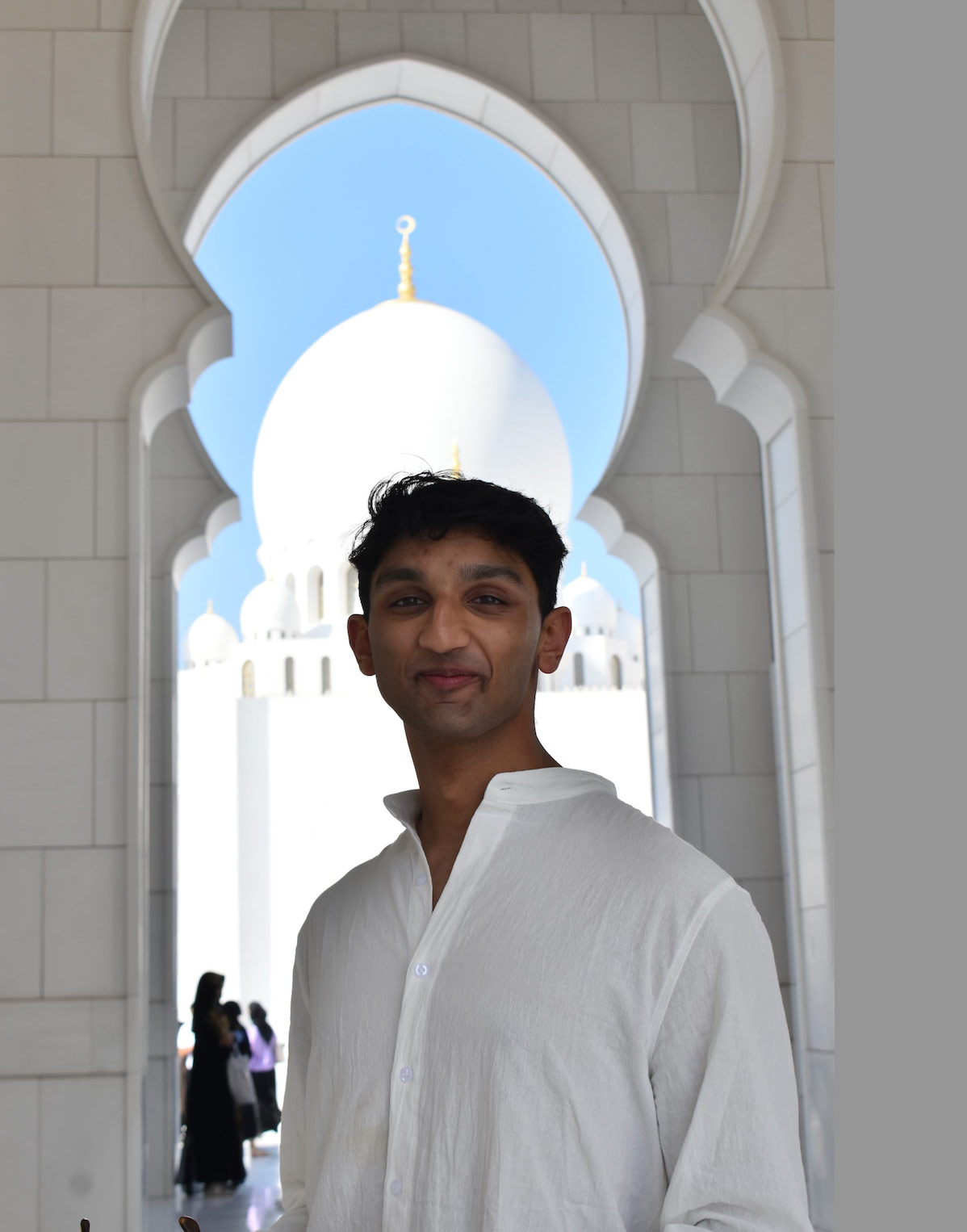
“ Here at Encode Justice, we’re striving to equip young activists across varying social, cultural, and political contexts globally with the tools they need to create a safer and more equitable AI ecosystem. For the future, by the future. ”

“ The work we do at Encode Justice is so special because while most AI policy organizations are cloistered away in Silicon Valley or DC, we also work at the grassroots level, mobilizing campus, city, and state chapters to serve their local communities. ”
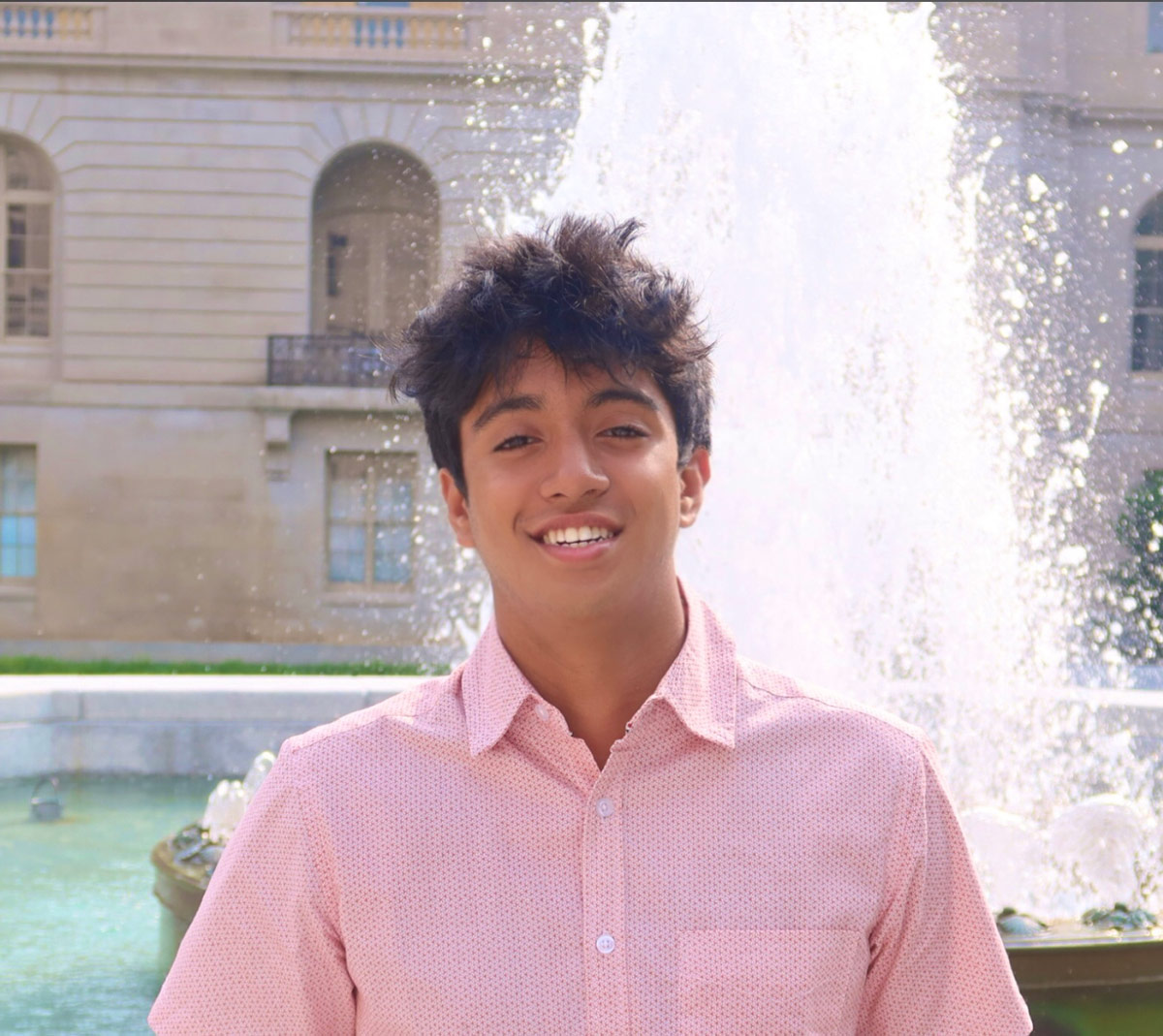
“ Encode Justice’s chapter network really empowers students to advocate for privacy and accountability in the face of AI-powered surveillance. It’s truly incredible to see our members engage politically with community leaders on tech policy issues, often simultaneously educating them. ”

“ Encode Justice has reshaped the way I view the world and technology. It has been so inspiring to see how we have impacted more than 5000 students across the globe, changing the lenses through which we view technological development. Encode Justice is not just a network of students, but a movement to reimagine equality in the modern day. ”
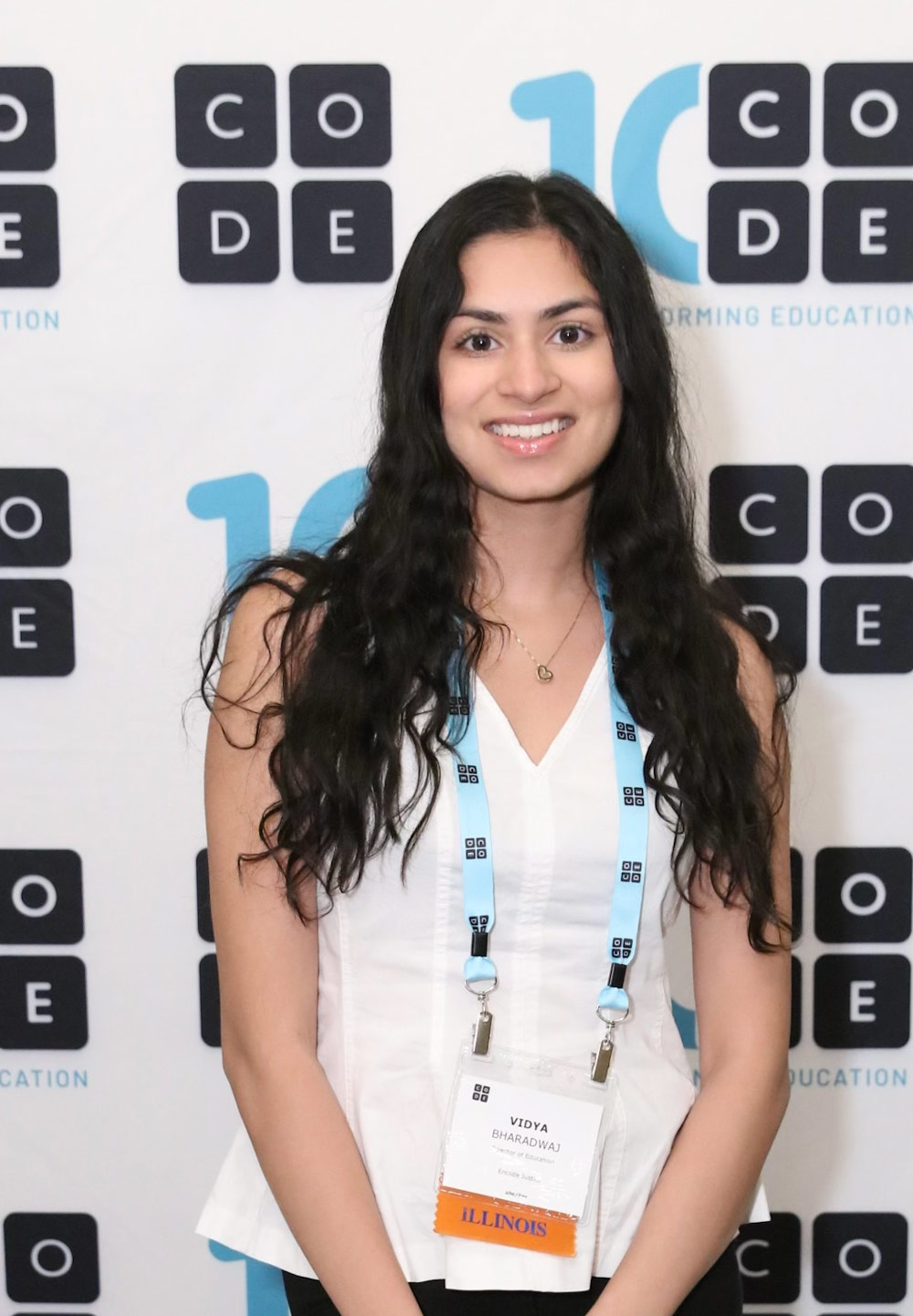
“ Policy and advocacy are the main vehicles for large-scale social change, while science and technology help us innovate in the interest of humanity. At Encode Justice, we work work contextually across these fields — our greatest strength in an increasingly interconnected world. ”
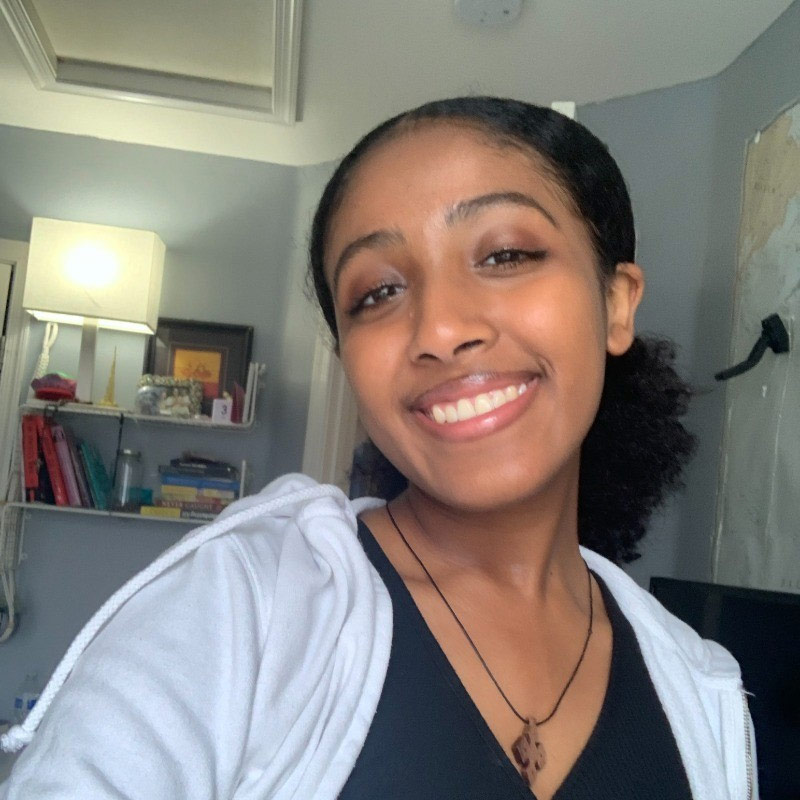
“ At Encode Justice, our vision pierces beyond ones and zeros—we’re motivated by a shared goal of embedding human values into technology. We're an alliance of vibrant youth from diverse corners of the world, crafting a future where safety and justice aren’t merely ideals, but are instead the cornerstone that guides AI advancement. ”
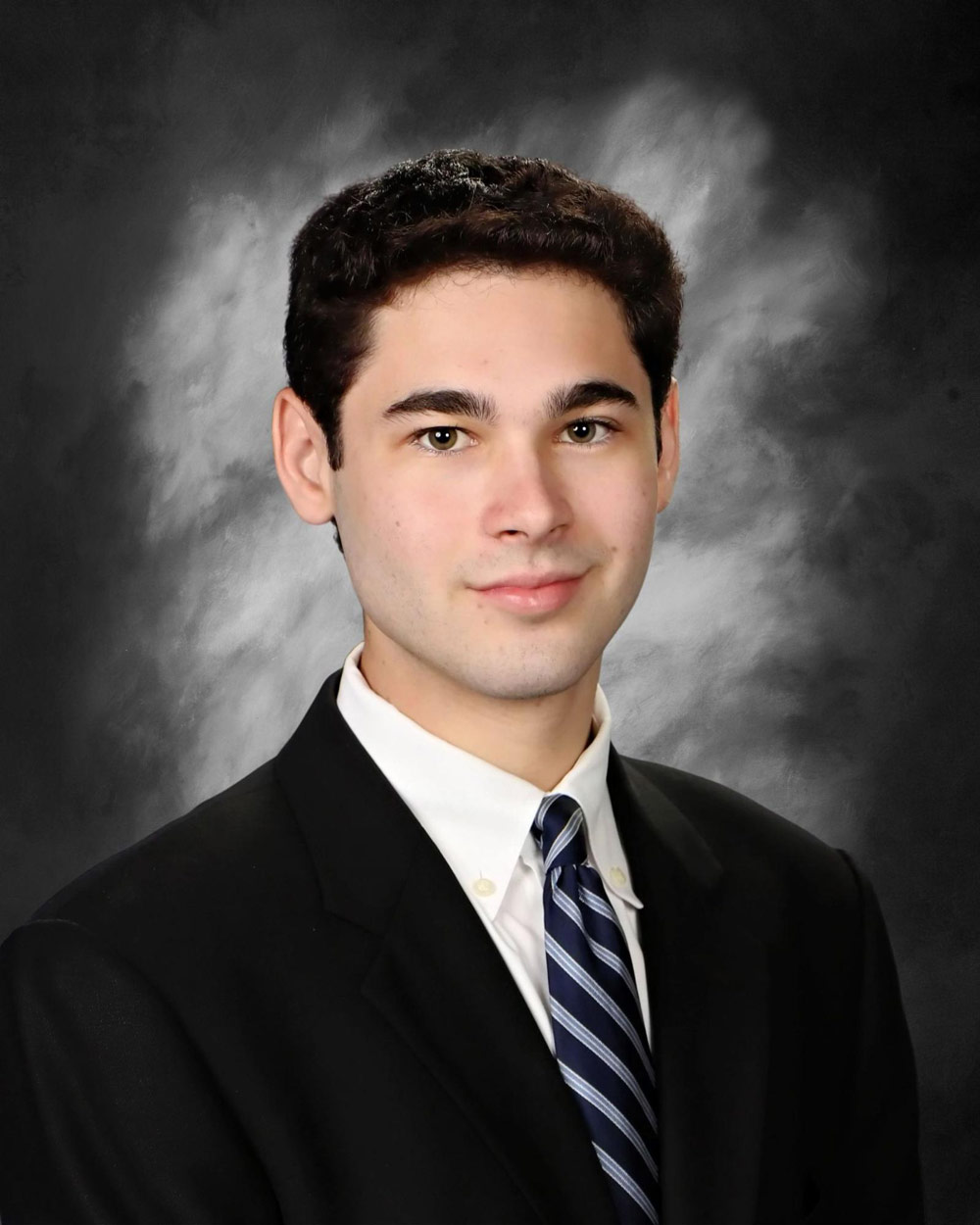
In the News
Podcast
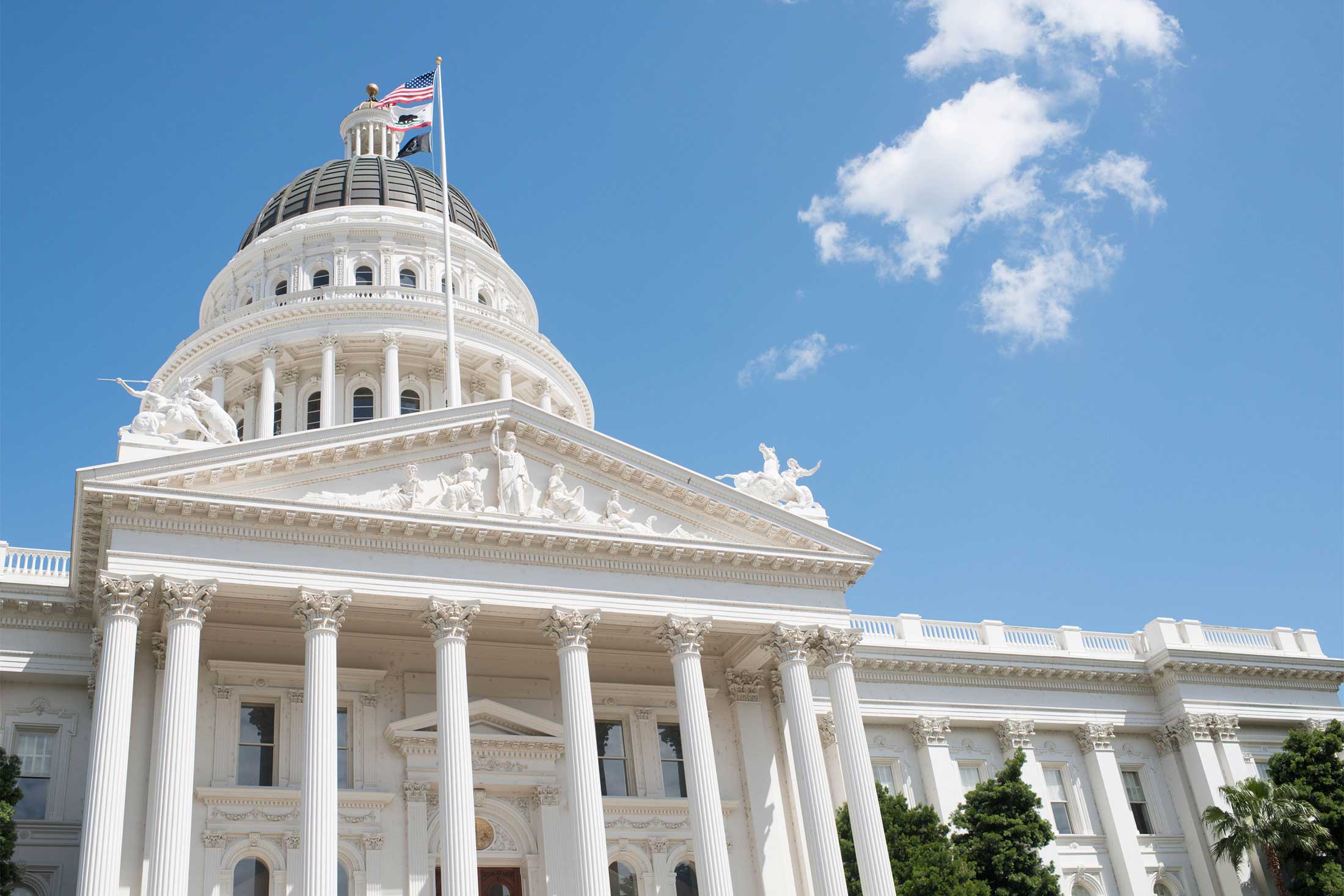 EJ founder Sneha Revanur and Grey’s Anatomy star Jason George: Governor Newsom's Chance to Lead on AI Safety
EJ founder Sneha Revanur and Grey’s Anatomy star Jason George: Governor Newsom's Chance to Lead on AI Safety
American Actor Jason Winston George and Sneha Revanur call on Governor Newsom to sign SB 1047.
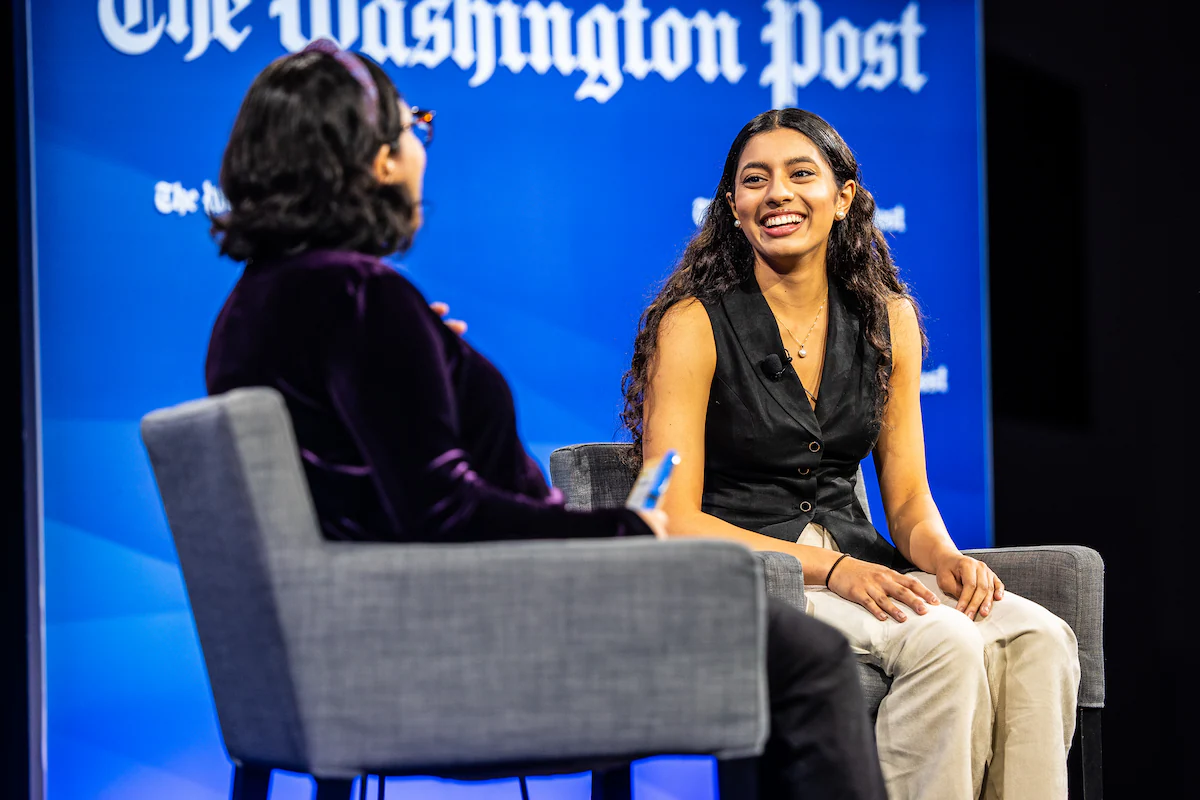 Youth call on world leaders to set AI safeguards by 2030
Youth call on world leaders to set AI safeguards by 2030
Youth activists issued a sweeping call to action on Thursday for heightened AI protections.
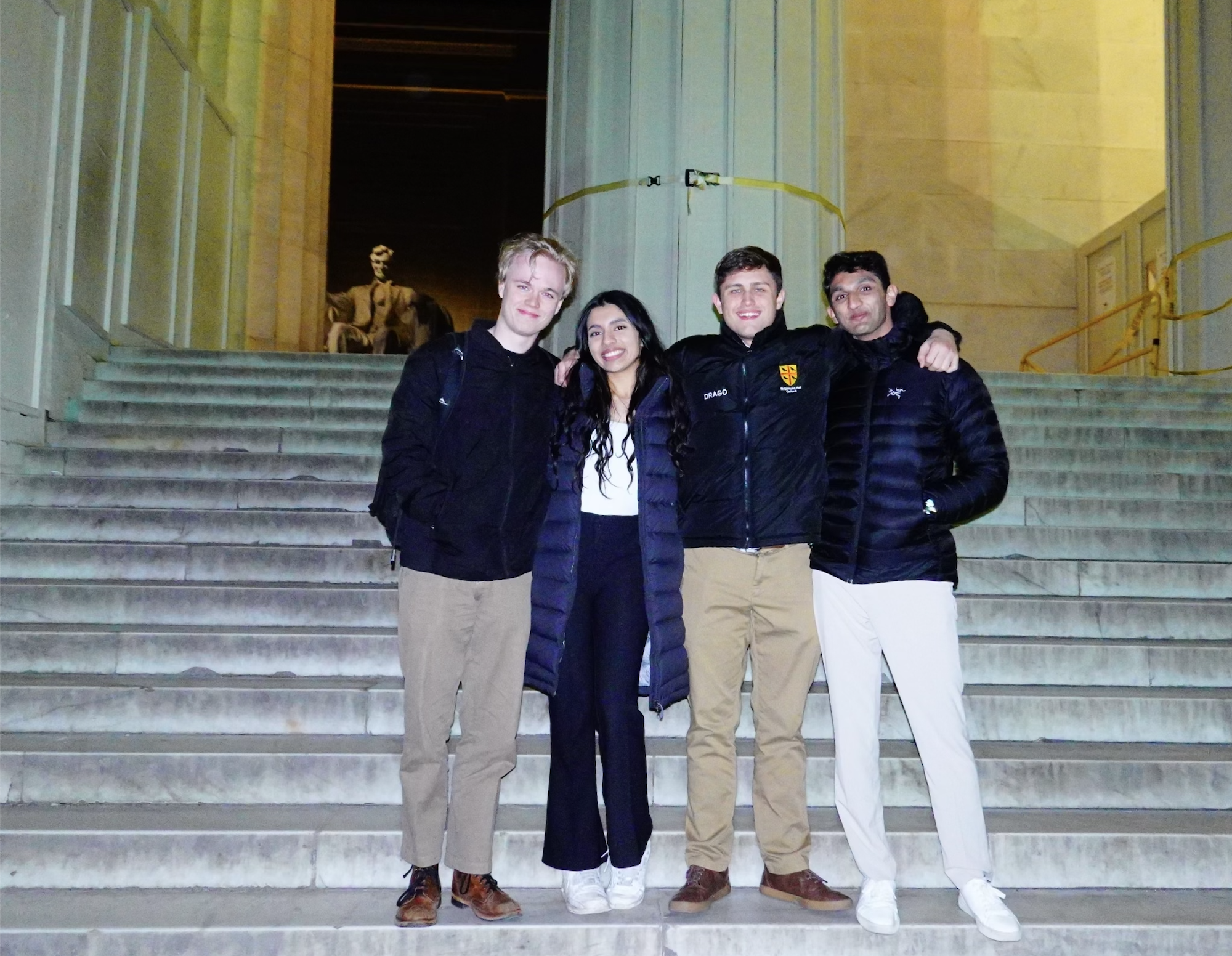 What Gen Z wants from AI policymakers
What Gen Z wants from AI policymakers
Encode Justice called on global policymakers to pass rules protecting the livelihoods and rights of young people as the technology is developed by 2030.
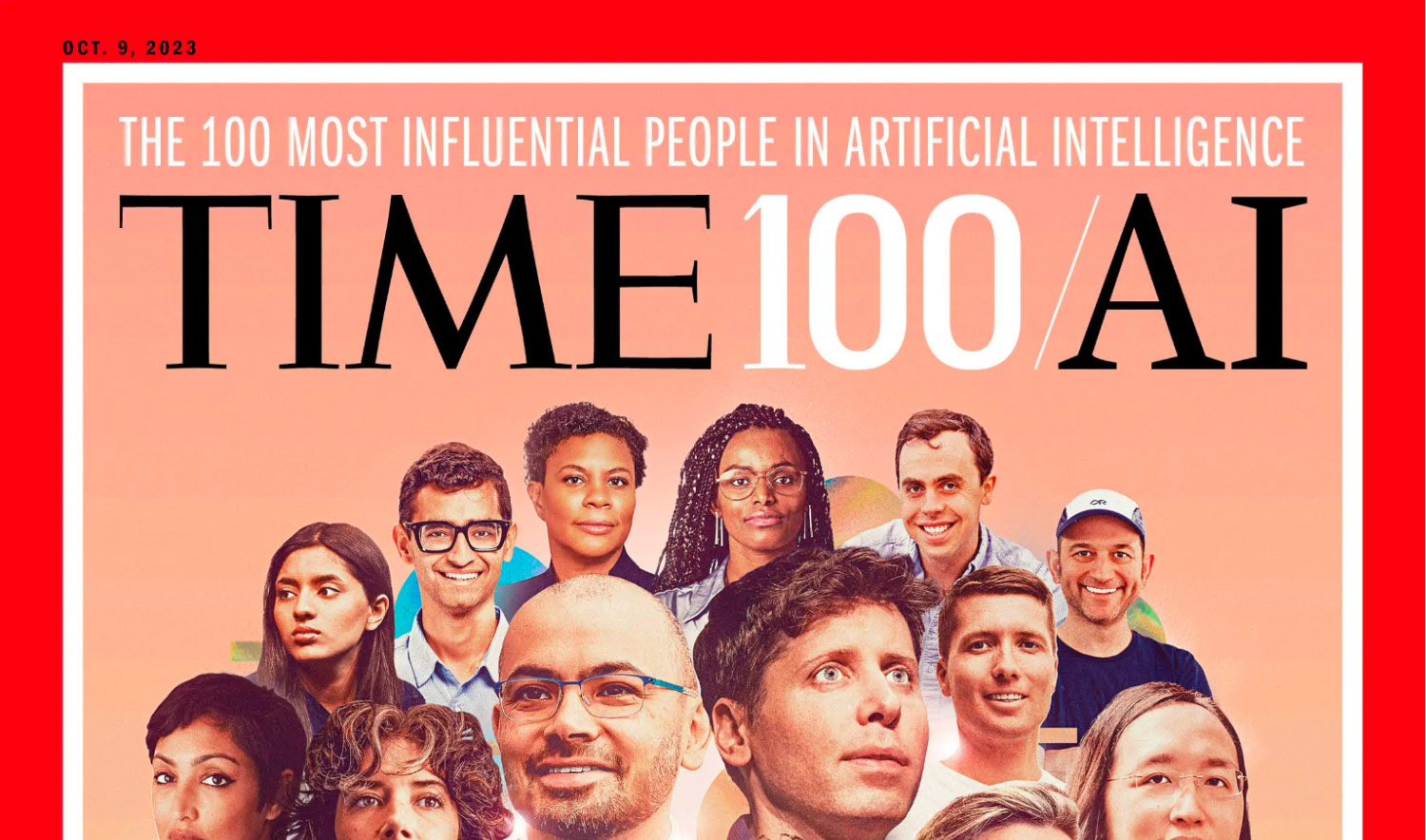 Sneha Revanur, the youngest of TIME100 AI
Sneha Revanur, the youngest of TIME100 AI
Earlier this year, Sneha Revanur began to notice a new trend among her friends: “In the same way that Google has become a commonly accepted verb, ChatGPT just entered our daily vocabulary.” A freshman in college at the time, she noticed that—whether drafting an email to a professor or penning a breakup text—her peers seemed to be using the chatbot for just about everything.
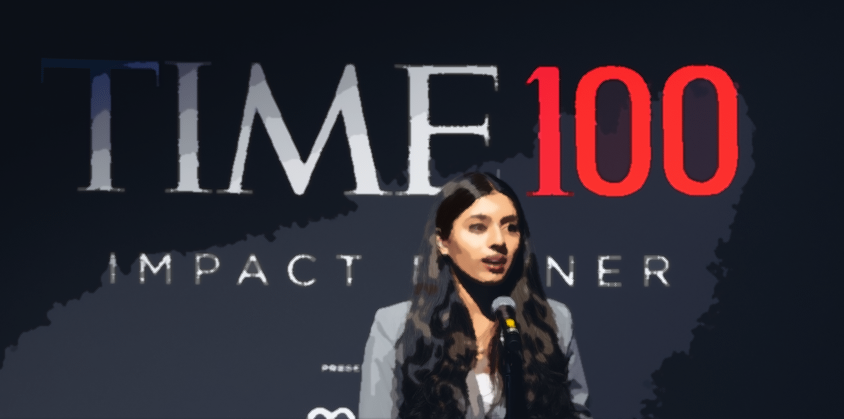 Interview with Sneha Revanur, “the Greta Thunberg of AI”
Interview with Sneha Revanur, “the Greta Thunberg of AI”
Every year, the Bulletin of Atomic Scientists sets the hands of its iconic Doomsday Clock—a graphic representation of how close the world is to global disaster. And every year, there’s a huge influx of comments from readers despairing “This is awful; what can I do?” So, one of the things that we did for this issue of […]
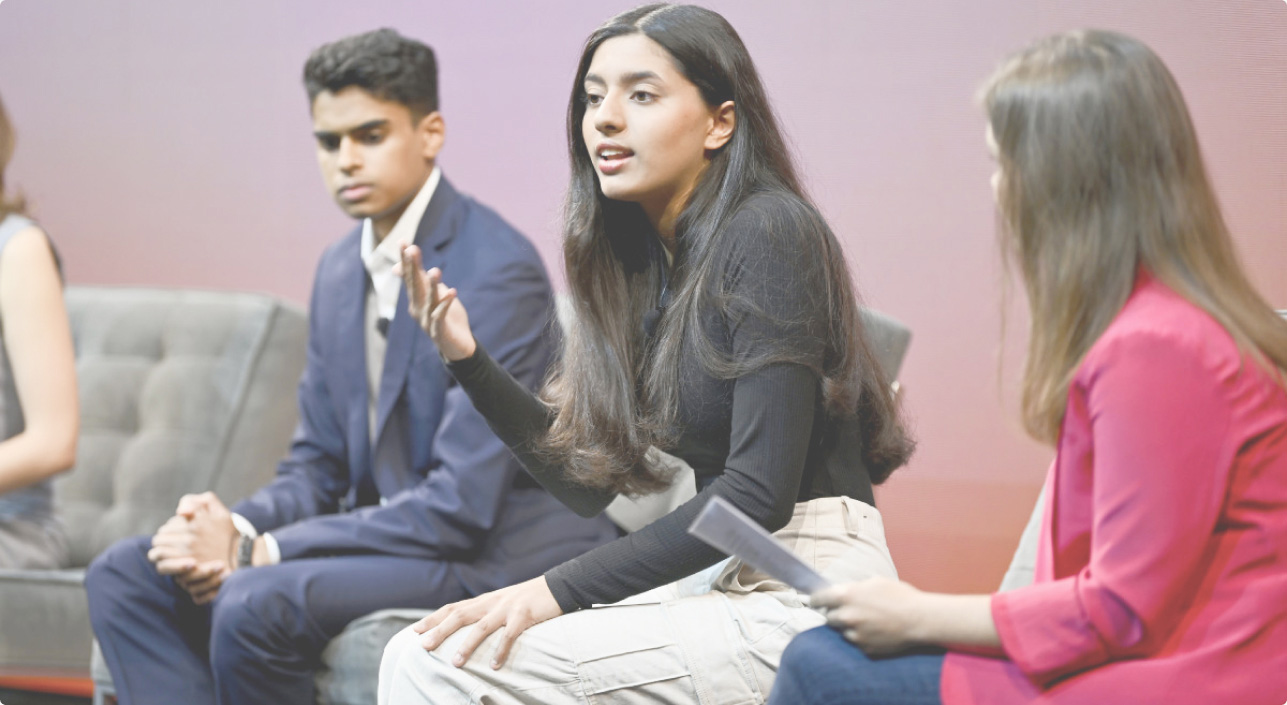 Meet the Greta Thunberg of AI
Meet the Greta Thunberg of AI
Parents just don’t understand … the risks of generative artificial intelligence. At least according to a group of Zoomers grappling with this new force that their elders are struggling to regulate.
 The young activists shaking up the kids’ online safety debate
The young activists shaking up the kids’ online safety debate
Student-led advocacy groups are commanding attention from lawmakers and the White House as they consider new rules
 'Adults have failed': Youth activists take up fight for U.S. digital rights
'Adults have failed': Youth activists take up fight for U.S. digital rights
Sneha Revanur, a 16-year-old student from California, is on a mission to do for digital rights what Greta Thunberg's movement has done for the climate fight - put young activists on the front lines.
“ Working at Encode Justice has been a unique adventure, with each day bringing its own set of challenges and opportunities. One moment, we're deeply engaged in crafting and advocating for legislation in state capitols, and the next, we find ourselves engaging with national leaders at the White House. ”

“ Here at Encode Justice, we’re striving to equip young activists across varying social, cultural, and political contexts globally with the tools they need to create a safer and more equitable AI ecosystem. For the future, by the future. ”

“ The work we do at Encode Justice is so special because while most AI policy organizations are cloistered away in Silicon Valley or DC, we also work at the grassroots level, mobilizing campus, city, and state chapters to serve their local communities. ”

“ Encode Justice’s chapter network really empowers students to advocate for privacy and accountability in the face of AI-powered surveillance. It’s truly incredible to see our members engage politically with community leaders on tech policy issues, often simultaneously educating them. ”

“ Encode Justice has reshaped the way I view the world and technology. It has been so inspiring to see how we have impacted more than 5000 students across the globe, changing the lenses through which we view technological development. Encode Justice is not just a network of students, but a movement to reimagine equality in the modern day. ”

“ Policy and advocacy are the main vehicles for large-scale social change, while science and technology help us innovate in the interest of humanity. At Encode Justice, we work work contextually across these fields — our greatest strength in an increasingly interconnected world. ”

“ At Encode Justice, our vision pierces beyond ones and zeros—we’re motivated by a shared goal of embedding human values into technology. We're an alliance of vibrant youth from diverse corners of the world, crafting a future where safety and justice aren’t merely ideals, but are instead the cornerstone that guides AI advancement. ”

